
War in Ukraine
Melikian Center Condemns Russian Attack on Ukraine (March 2, 2022)
The Melikian Center strongly condemns Russia's invasion of the sovereign state of Ukraine. We express solidarity with the Ukrainian people, alarm at their suffering, and support for their democratically elected government.
Russia's attack, ordered by Vladimir Putin, is devastating for Ukraine and dangerous for the whole world. It is made worse by the intentional destruction of civilian centers. We support neighboring countries receiving Ukrainian refugees. We support countries throughout the regions in which we work as they seek independence and peaceful multilateral cooperation. We support citizens within Russia who protest the actions of their government and condemn the repression of their voices. We support countries around the world seeking ways to halt Russia's illegitimate action and secure peace. But above all, we support Ukrainians whose lives and very right to have a country are being threatened. We are inspired by their bravery and commitment.
We make these declarations as individuals with many different political views, but also as scholars committed to research and intellectual exploration, international exchange, collaboration, and sharing knowledge. We are alarmed at the lies, distortions, and falsifications of history that have accompanied invasion. We condemn this information warfare along with military action and repression. We will try to make the best possible knowledge available to the public and policymakers, even burdened by sadness as tragedy unfolds.
Articles & Media
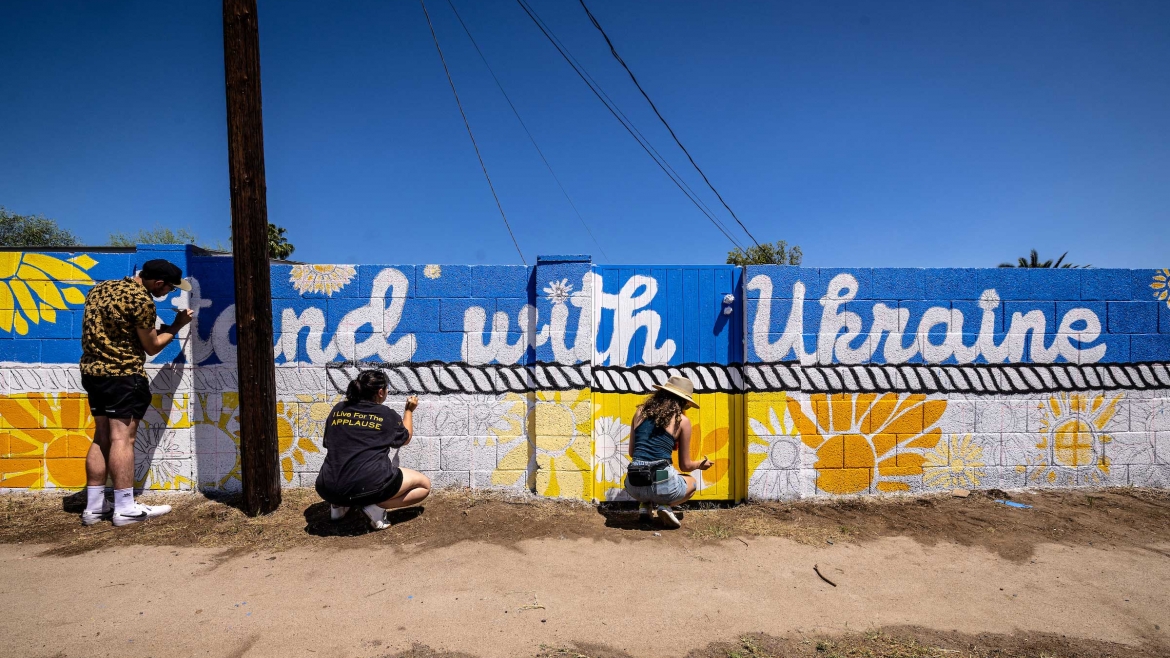
Students create Phoenix mural to support Ukraine
ASU News, Ukrainian Association of ASU
April 26, 2022
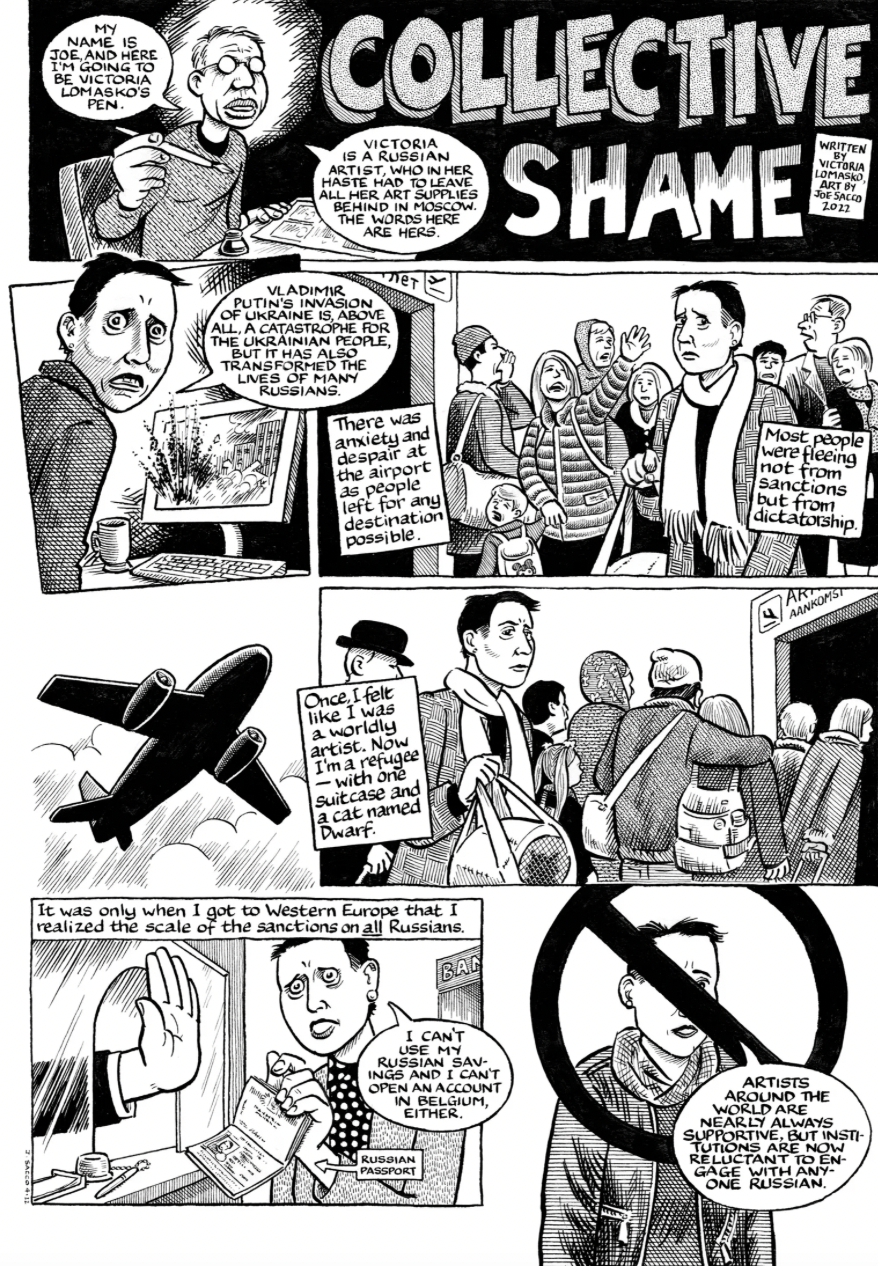
Collective Shame with Joe Sacco
The New Yorker, Victoria Lomasko
April 11, 2022
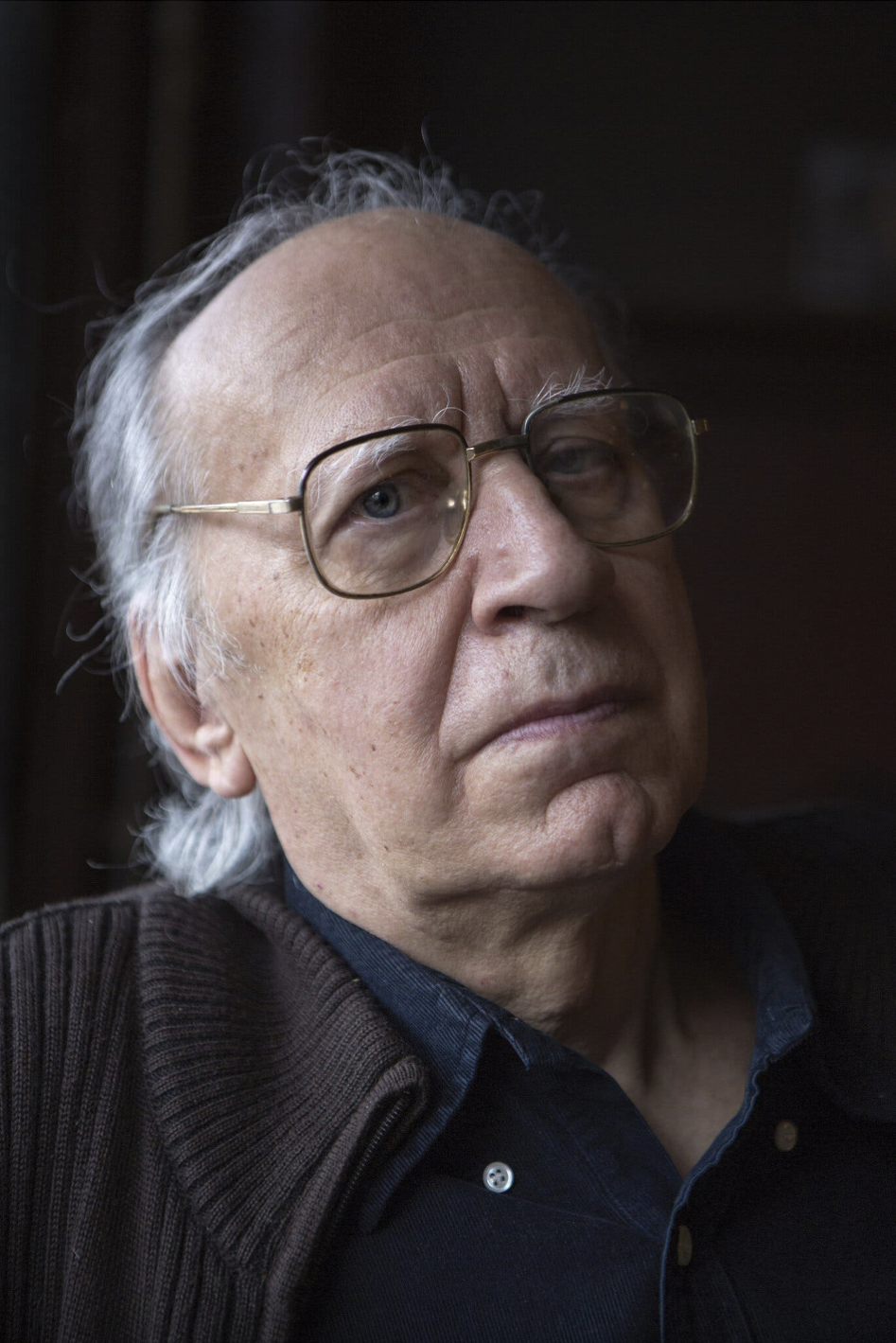
Ukraine's Most Famous Living Composer Is Now a Refugee
The New York Times, Peter Schmelz
March 30, 2022
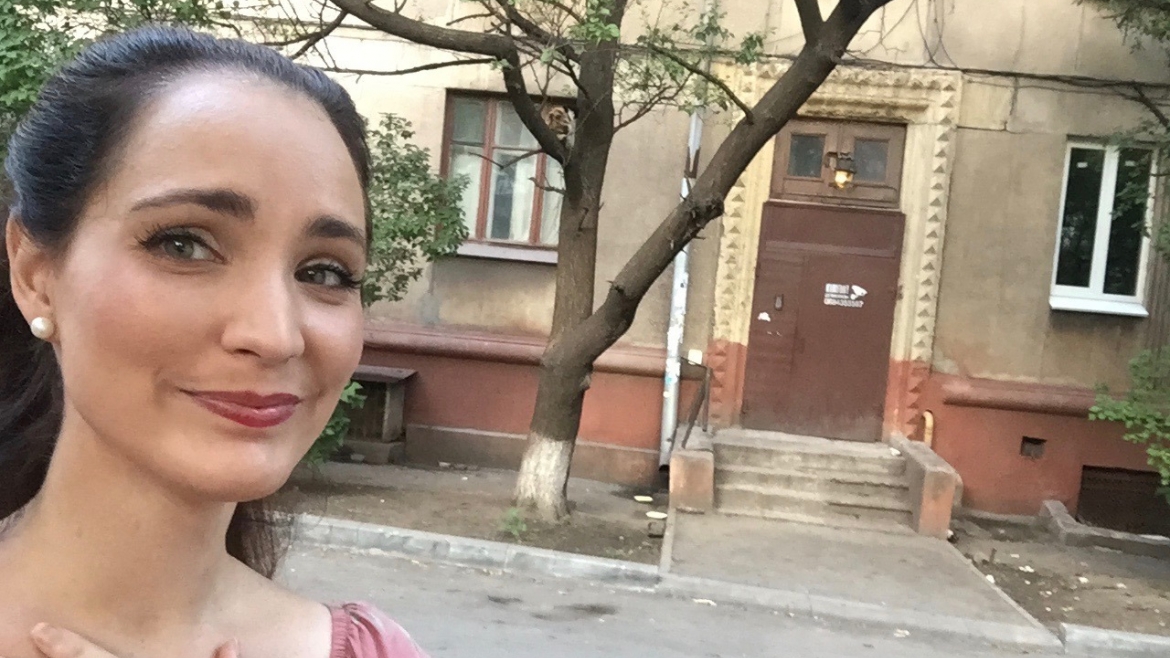
ASU alumna using network, language skills to help besieged Ukrainians
ASU News, Erica Glenn
March 22, 2022
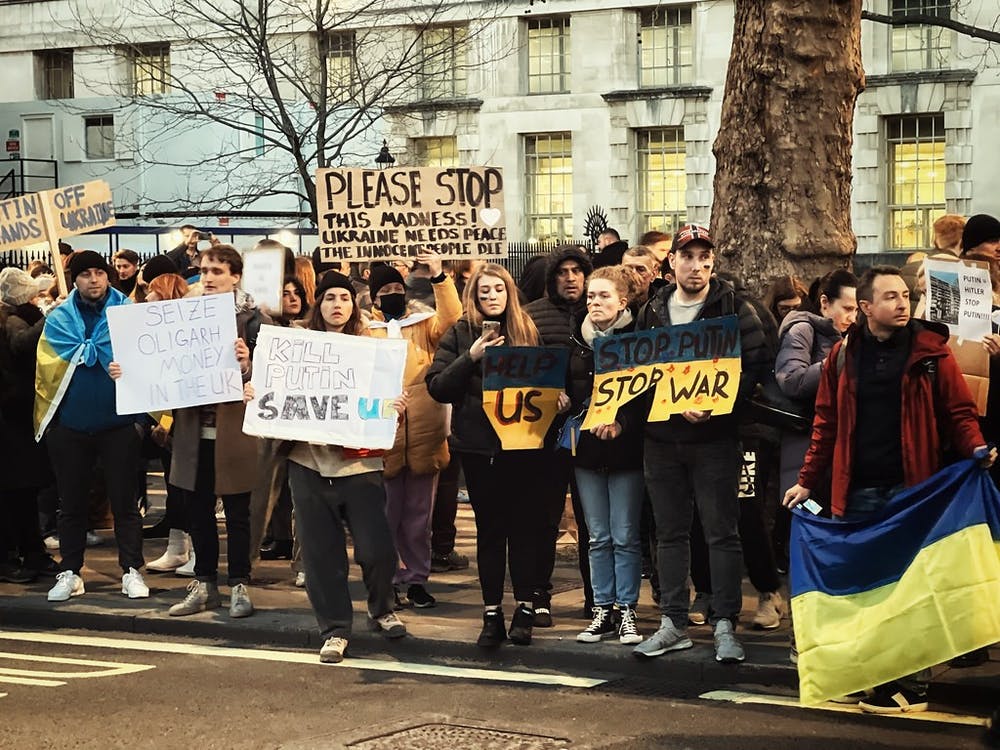
UA and ASU interdisciplinary panel tackles Russia’s war on Ukraine
The DailyWildCat, The Melikian Center
March 21, 2022
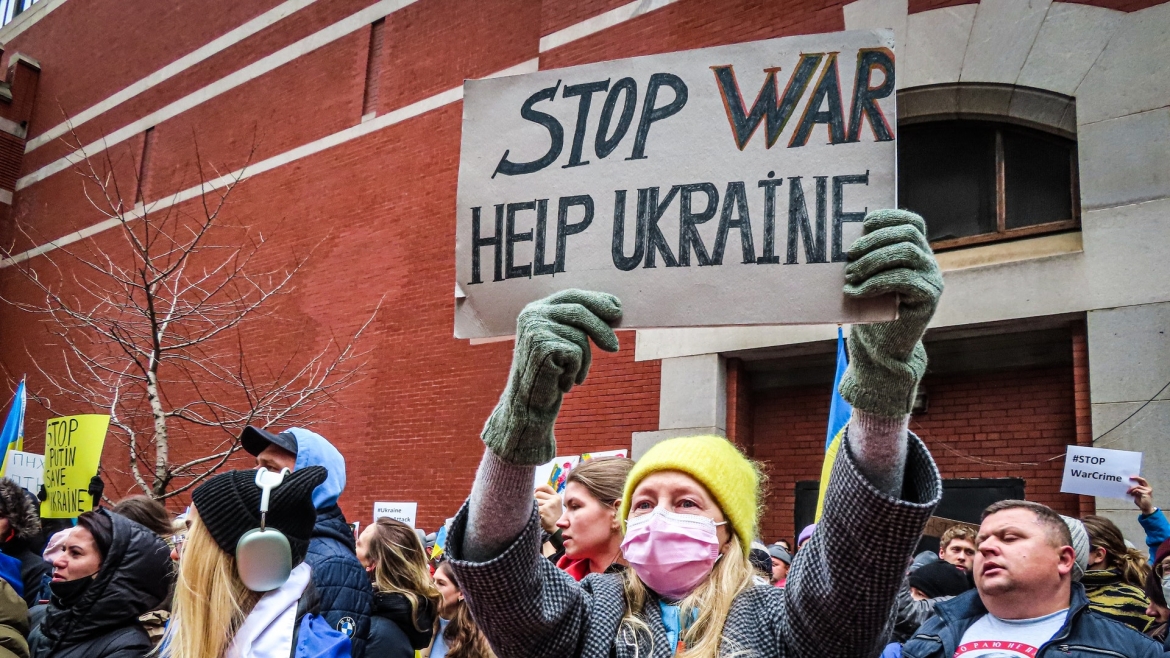
Panel of ASU, UA professors discuss Russia-Ukraine war
ASU News, The Melikian Center
March 17, 2022
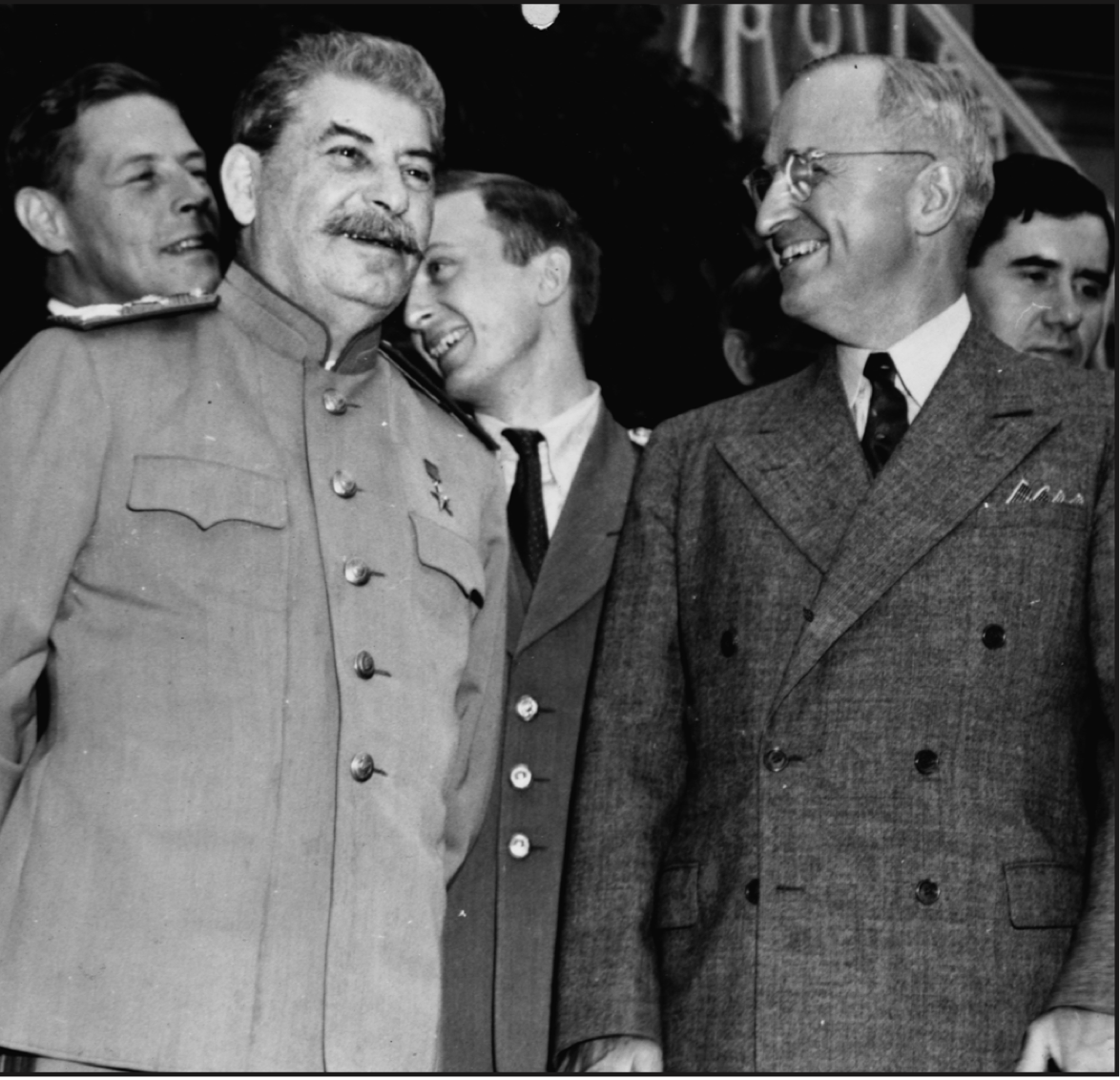
The historical roots of the war in Ukraine
The Conversation, The Melikian Center featuring pieces by affiliates Eugene Clay and Jacob Lassin
March 9, 2022
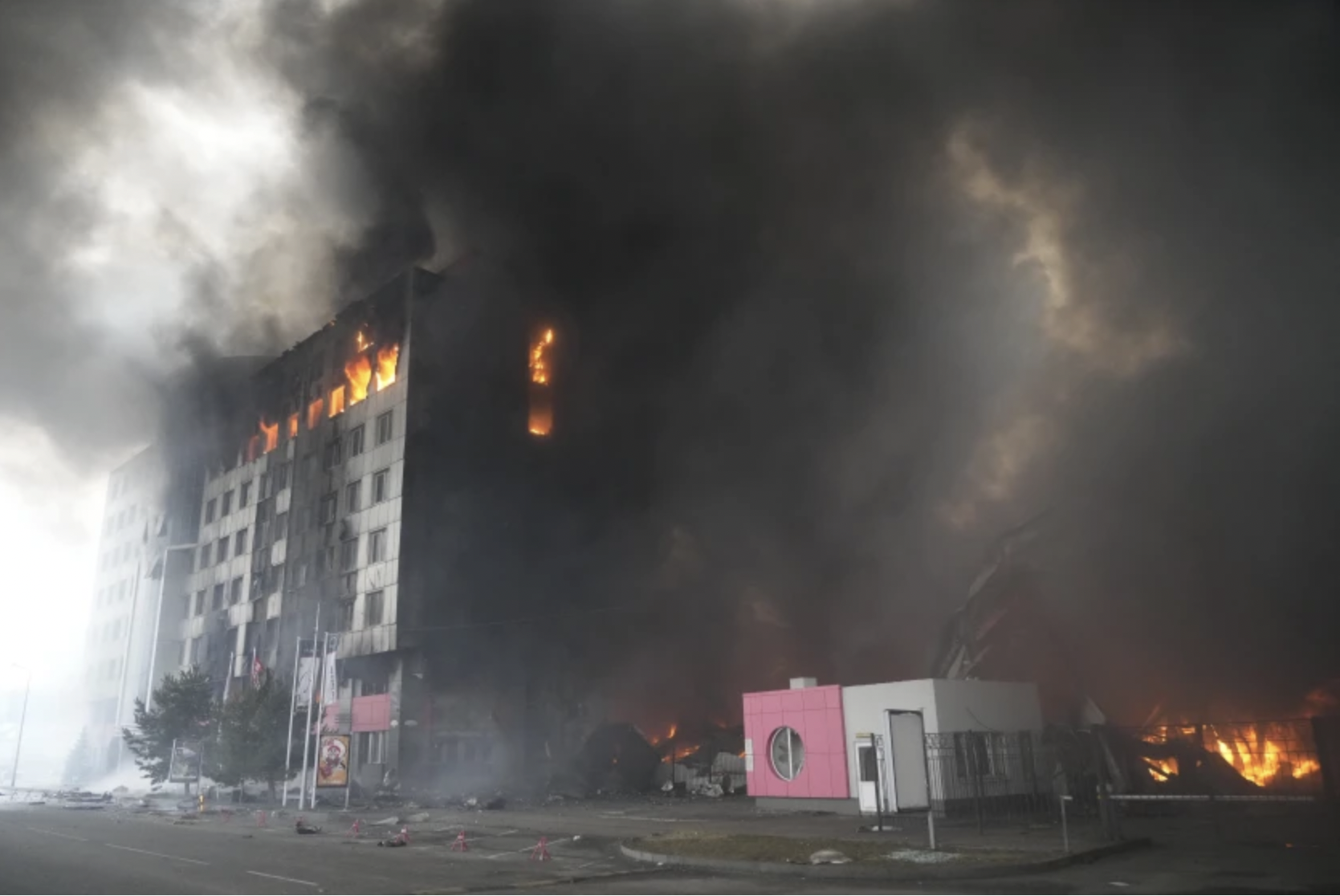
Op-Ed: Putin’s crime of aggression in Ukraine and the International Criminal Court
The Los Angeles Times, Victor Peskin
March 5, 2022
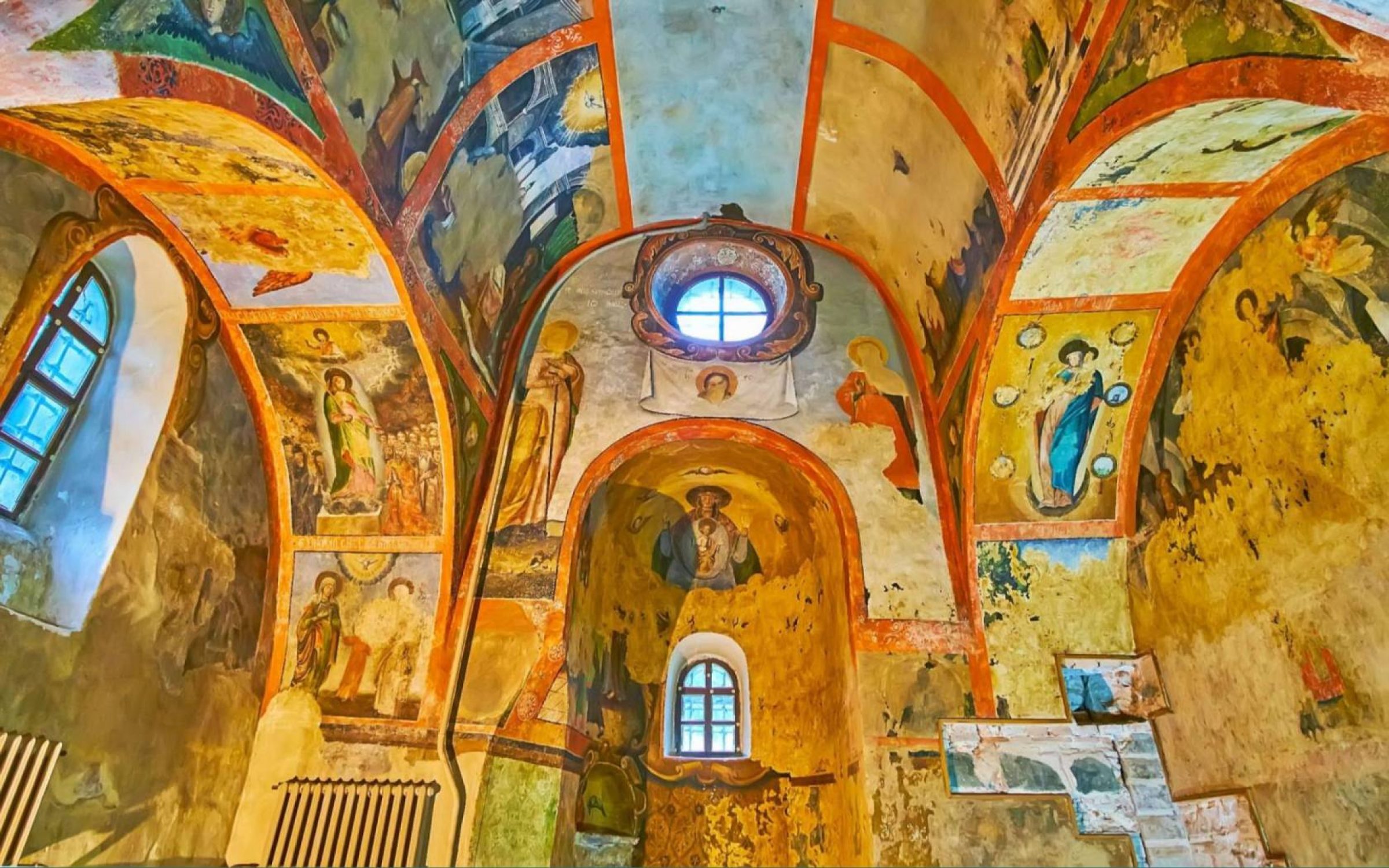
Putin’s war with the Church
Engelsberg Ideas, Jacob Lassin
March 4, 2022

Kyiv shrines, memorials with powerful symbolic value at risk
AP News, Jacon Lassin
March 3, 2022
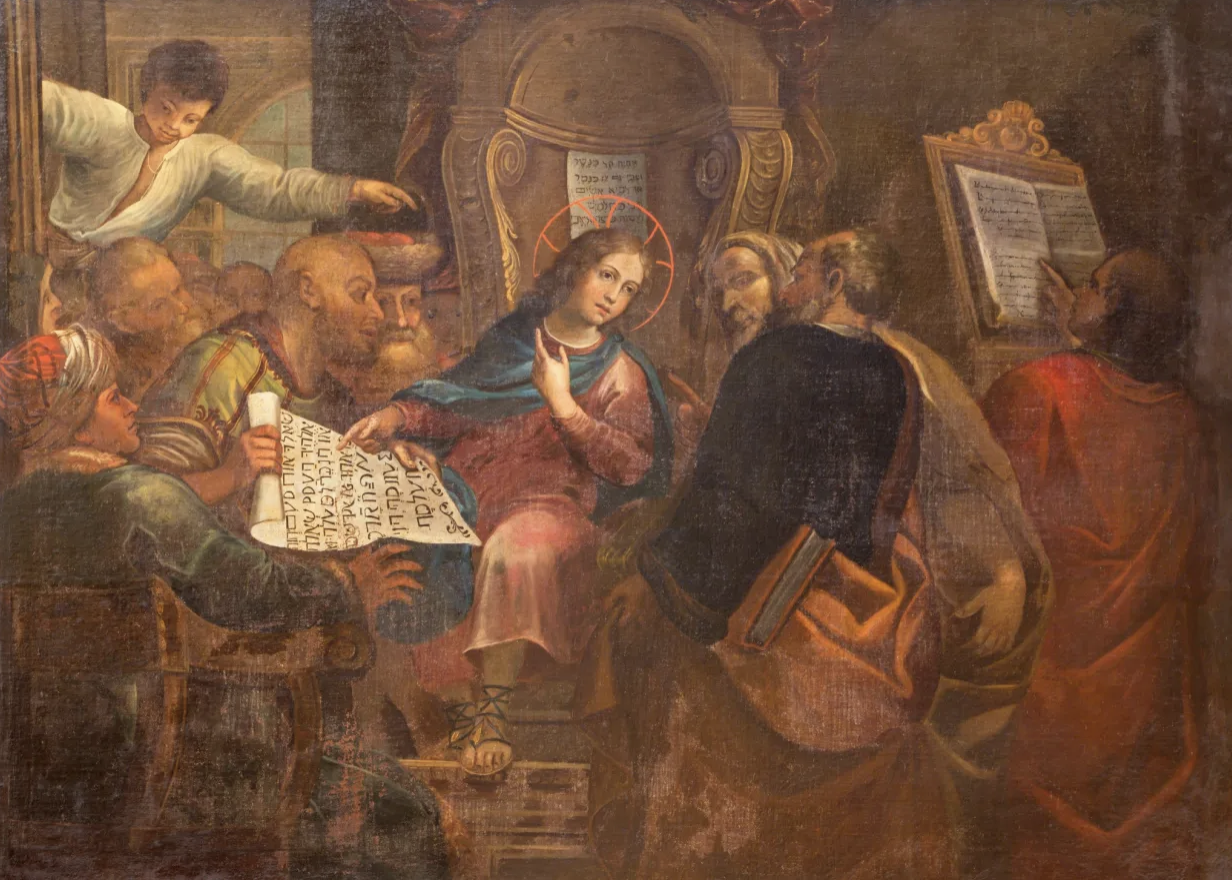
Russian Orthodox Media is a House Divided Against Itself
Public Orthodoxy, Jacob Lassin
March 1, 2022
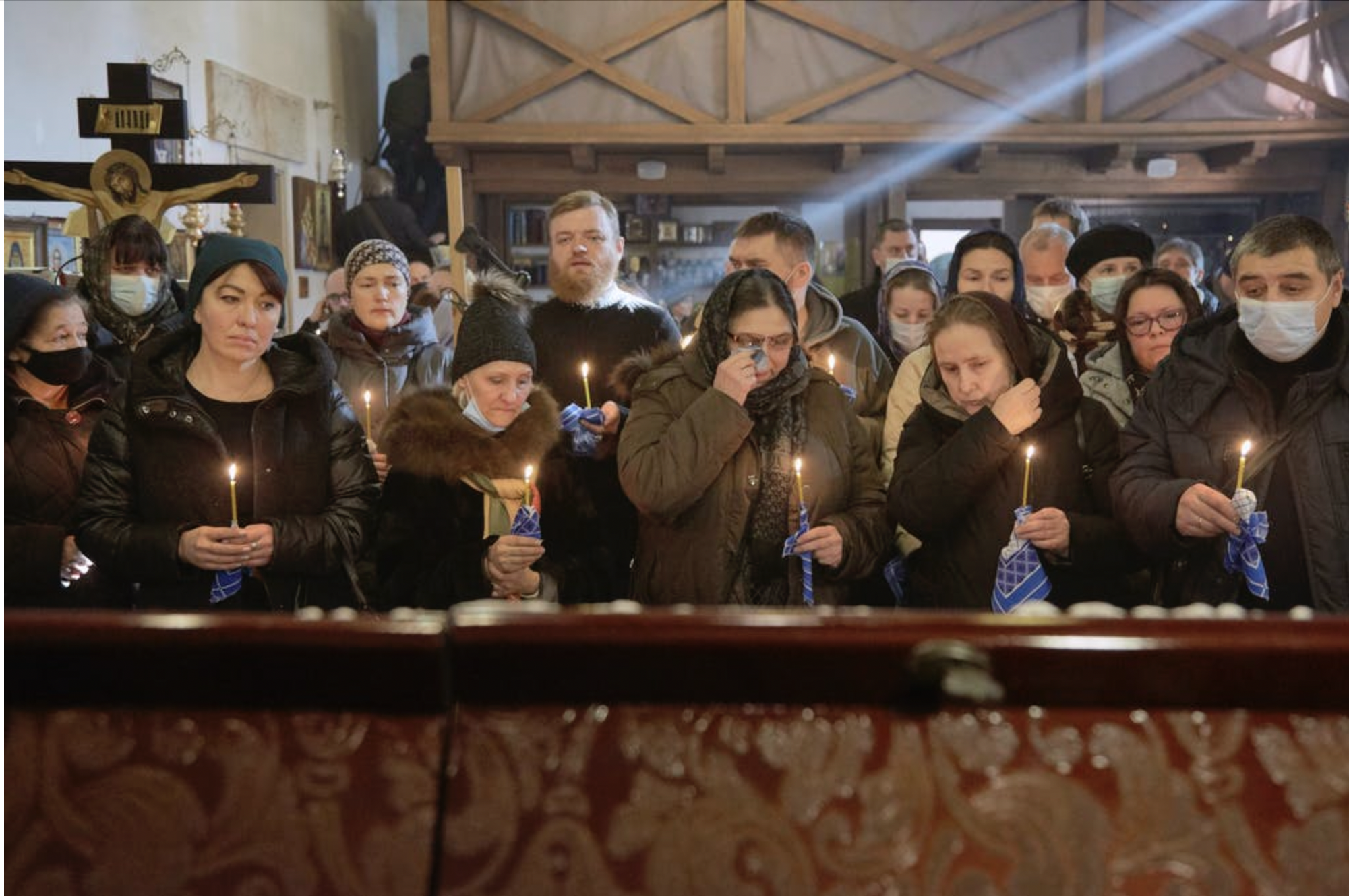
Putin’s antagonism toward Ukraine was never just about NATO – it’s about creating a new Russian empire
The Conversation, Jacob Lassin with Emily Channell-Justice
February 23, 2022
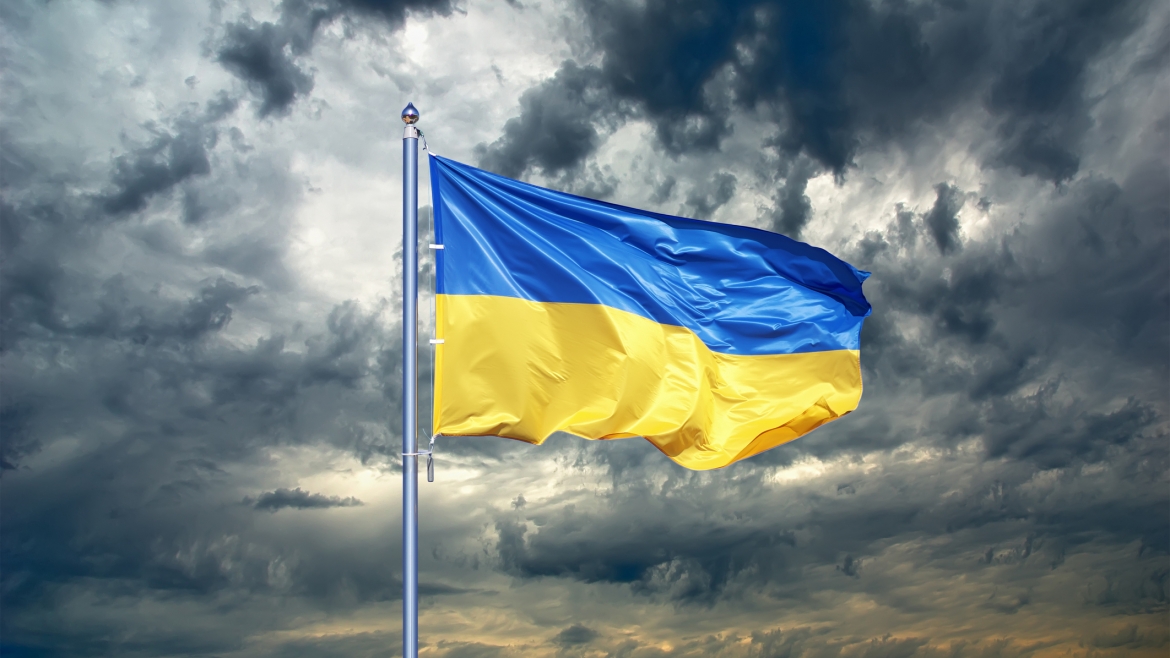
Questions and answers about Russia's invasion of Ukraine
ASU News, The Melikian Center
February 24, 2022
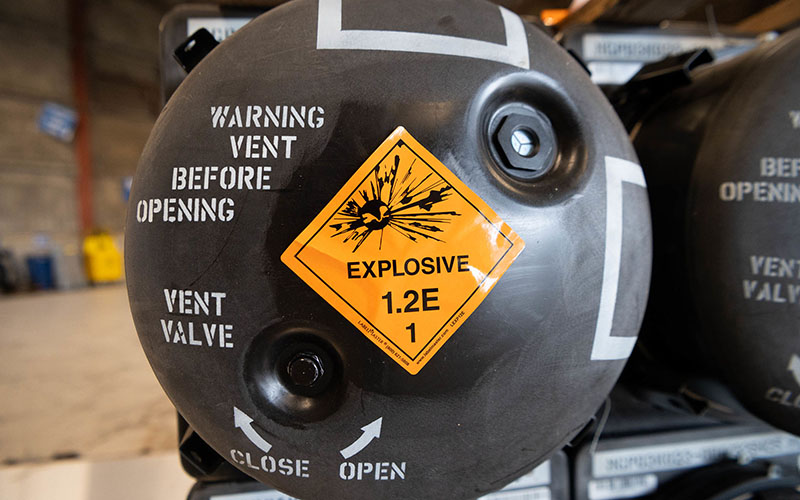
Despite rising Russian tension, ‘I’m here and here I’ll stay’ in Ukraine
Cronkite News Arizona PBS, Eugene Clay
February 18. 2022
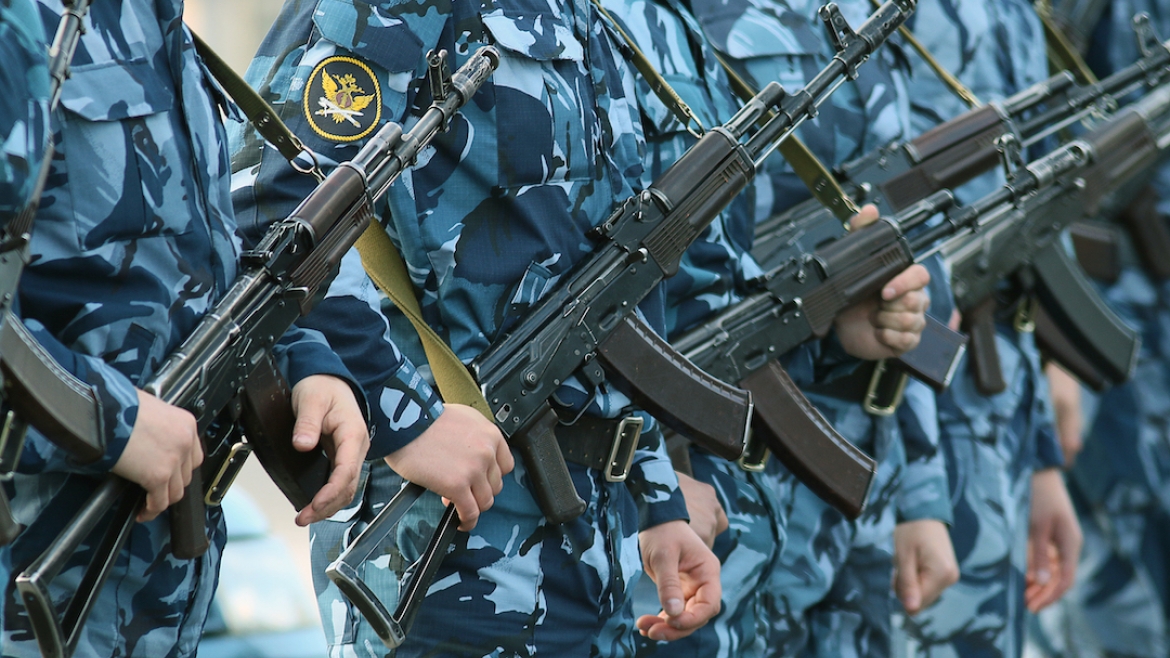
Russian-Ukraine tensions could escalate in 2022
ASU News, Keith Brown
February 18, 2022
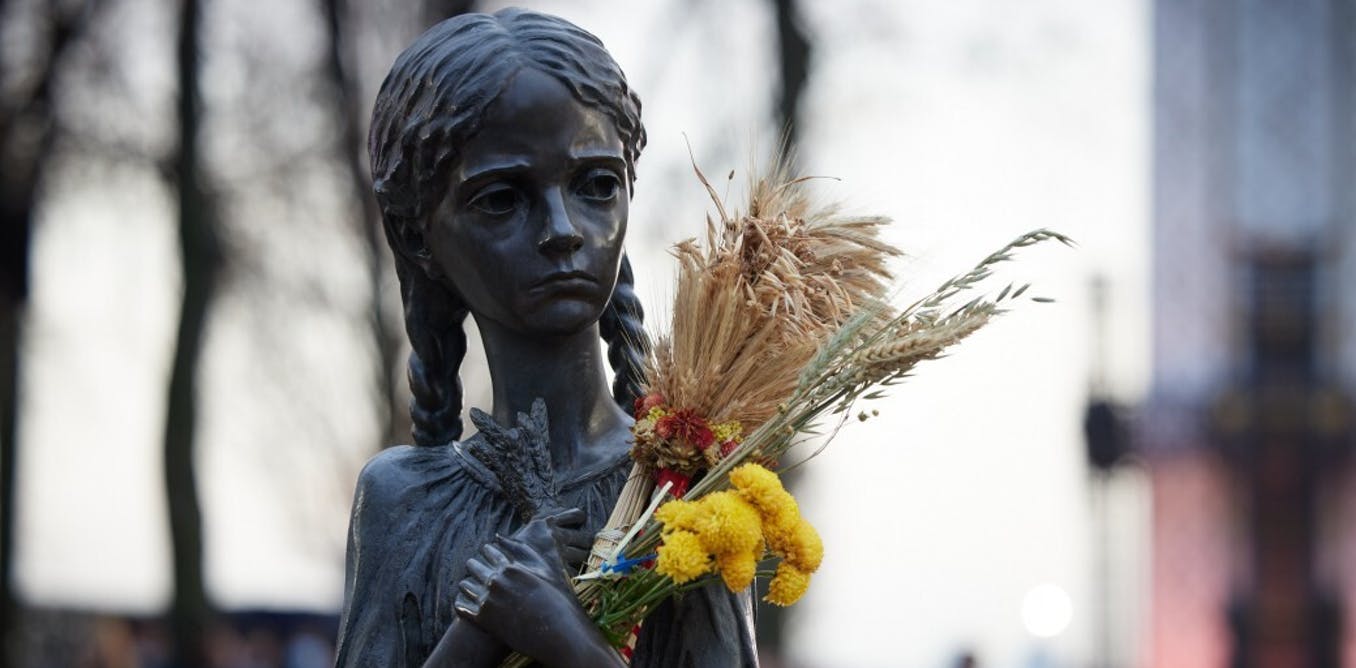
Famine, subjugation and nuclear fallout: How Soviet experience helped sow resentment among Ukrainians toward Russia
The Conversation, Jacob Lassin with Emily Channell-Justice
January 27, 2022
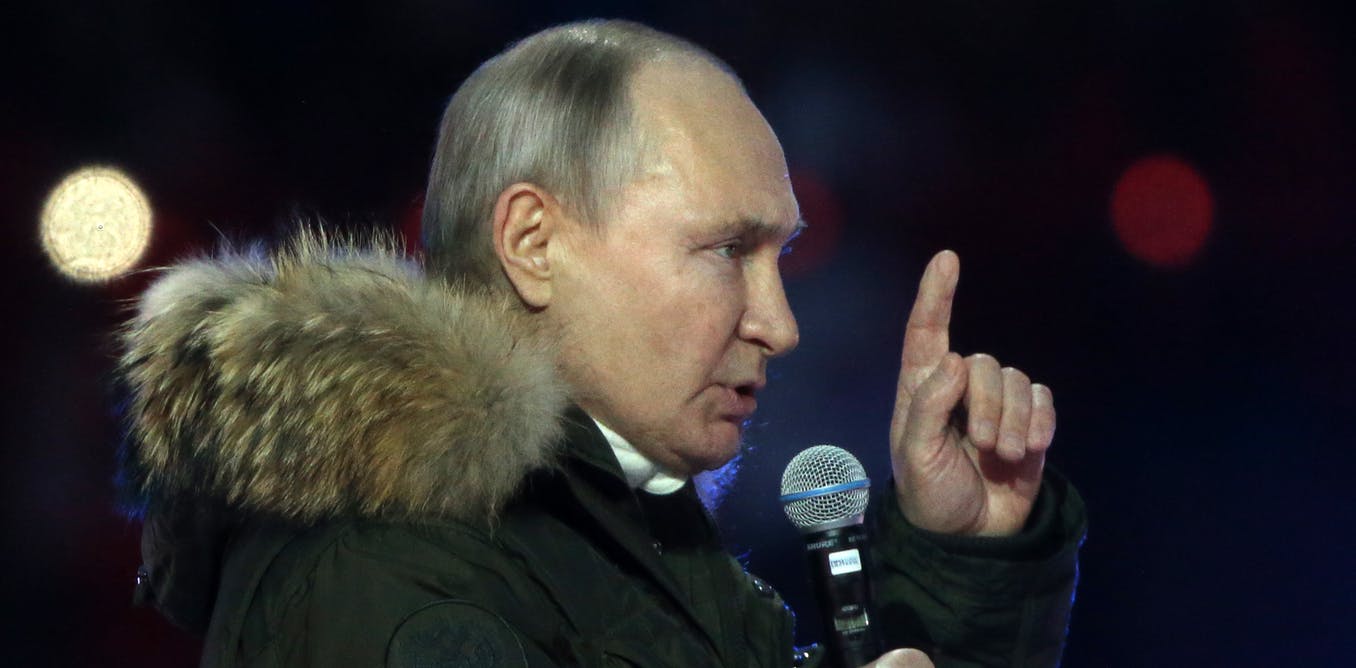
Why Putin has such a hard time accepting Ukrainian sovereignty
The Conversation, Jacon Lassin
December 21, 2022
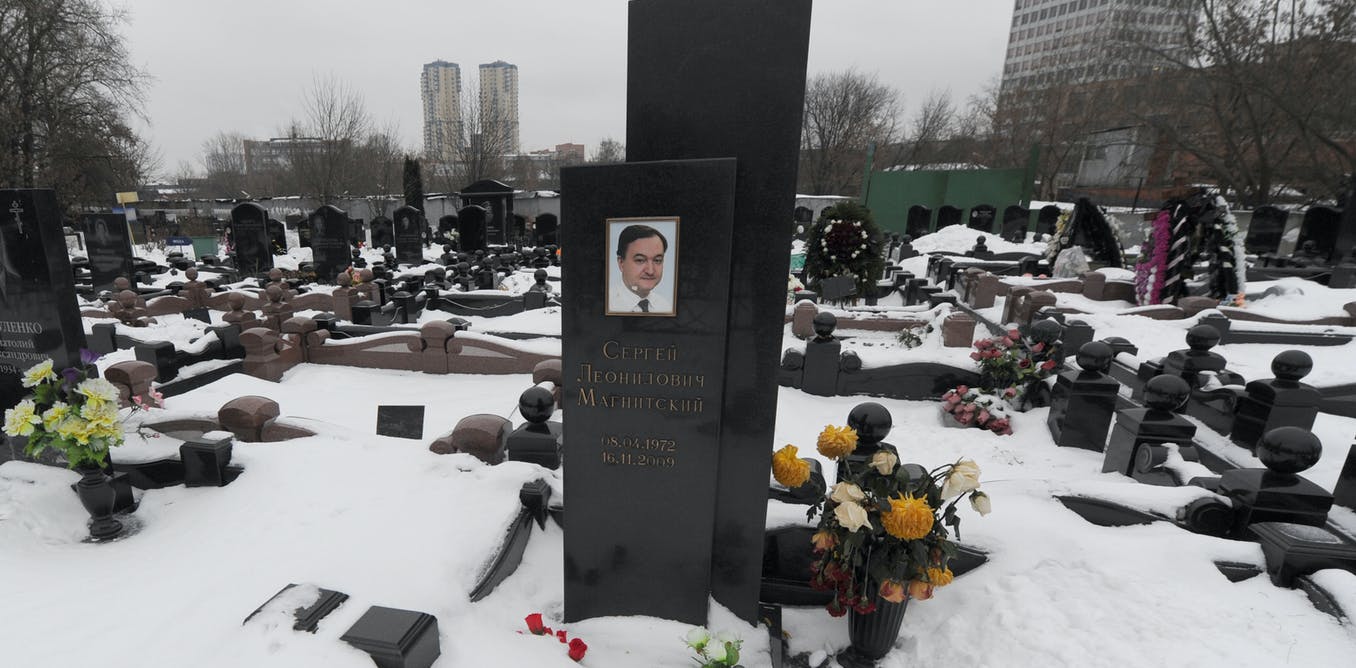
The US doesn’t need to wait for an invasion to impose sanctions on Russia – it could invoke the Magnitsky Act now
The Conversation, Keith Brown
December 14, 2022
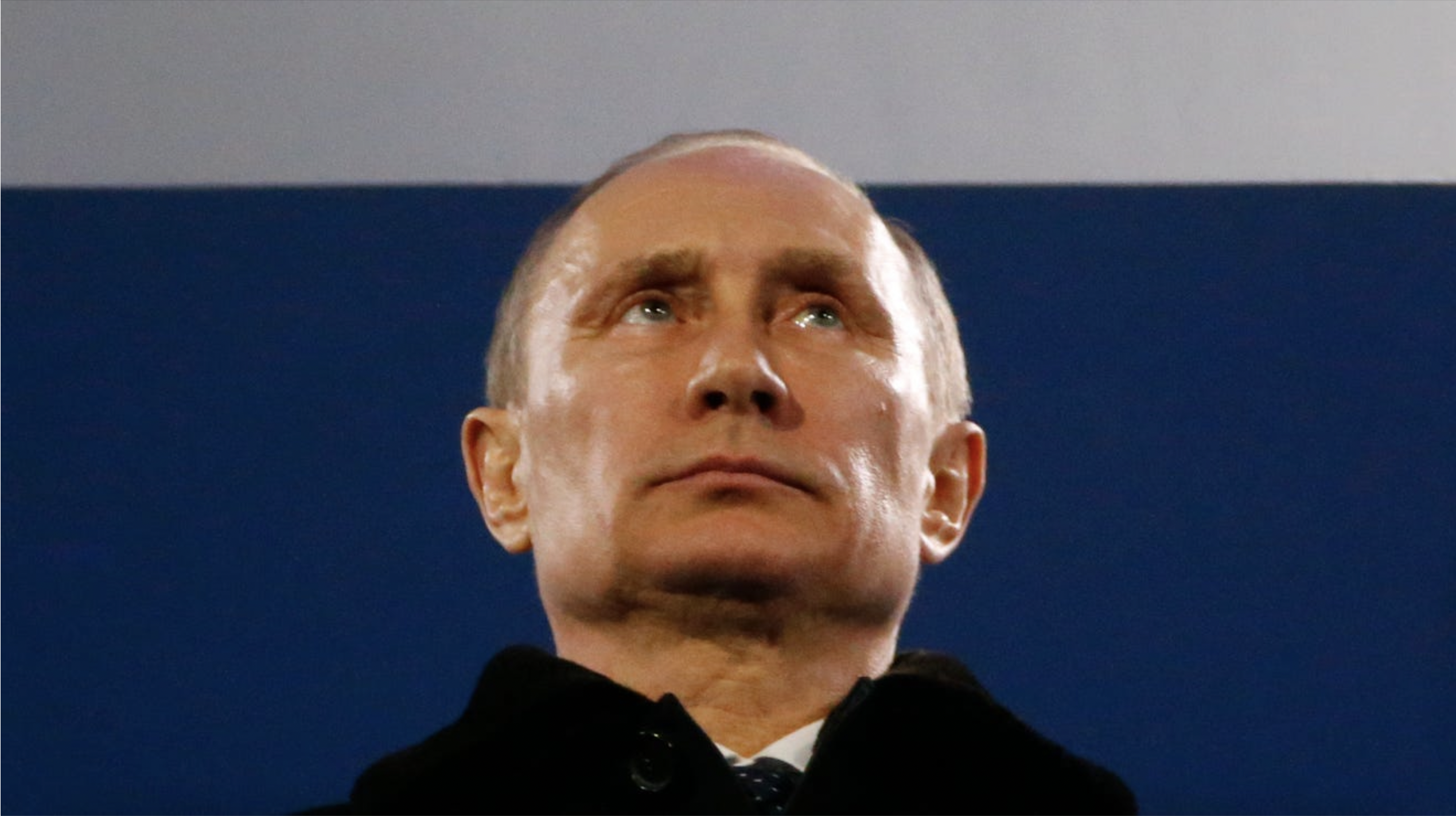
Why Putin wants to boost Moscow's role in Ukraine
AZ Central, David Siroky
March 14, 2014
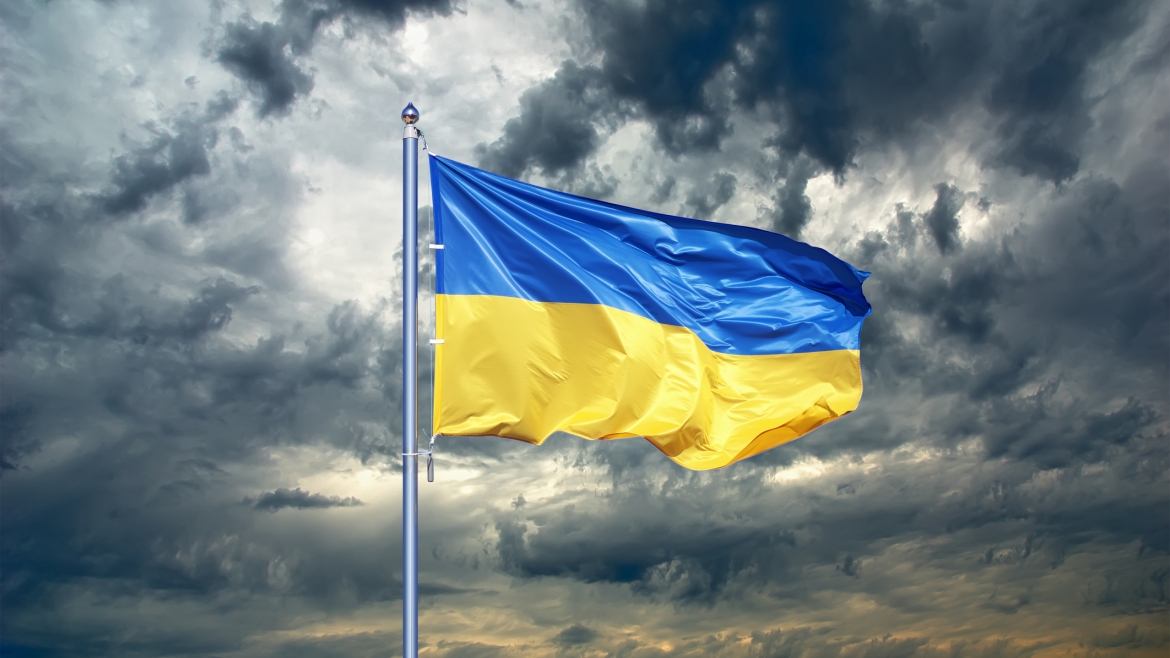
Only NATO expansion will deter Russian aims
Kyiv Post, David Siroky
August 20, 2008

Quest for justice in Darfur, Bill (Spaceman) Lee pitching at 75, remembering conductor Boris Brott
CBC Radio, Victor Peskin
April 9, 2022
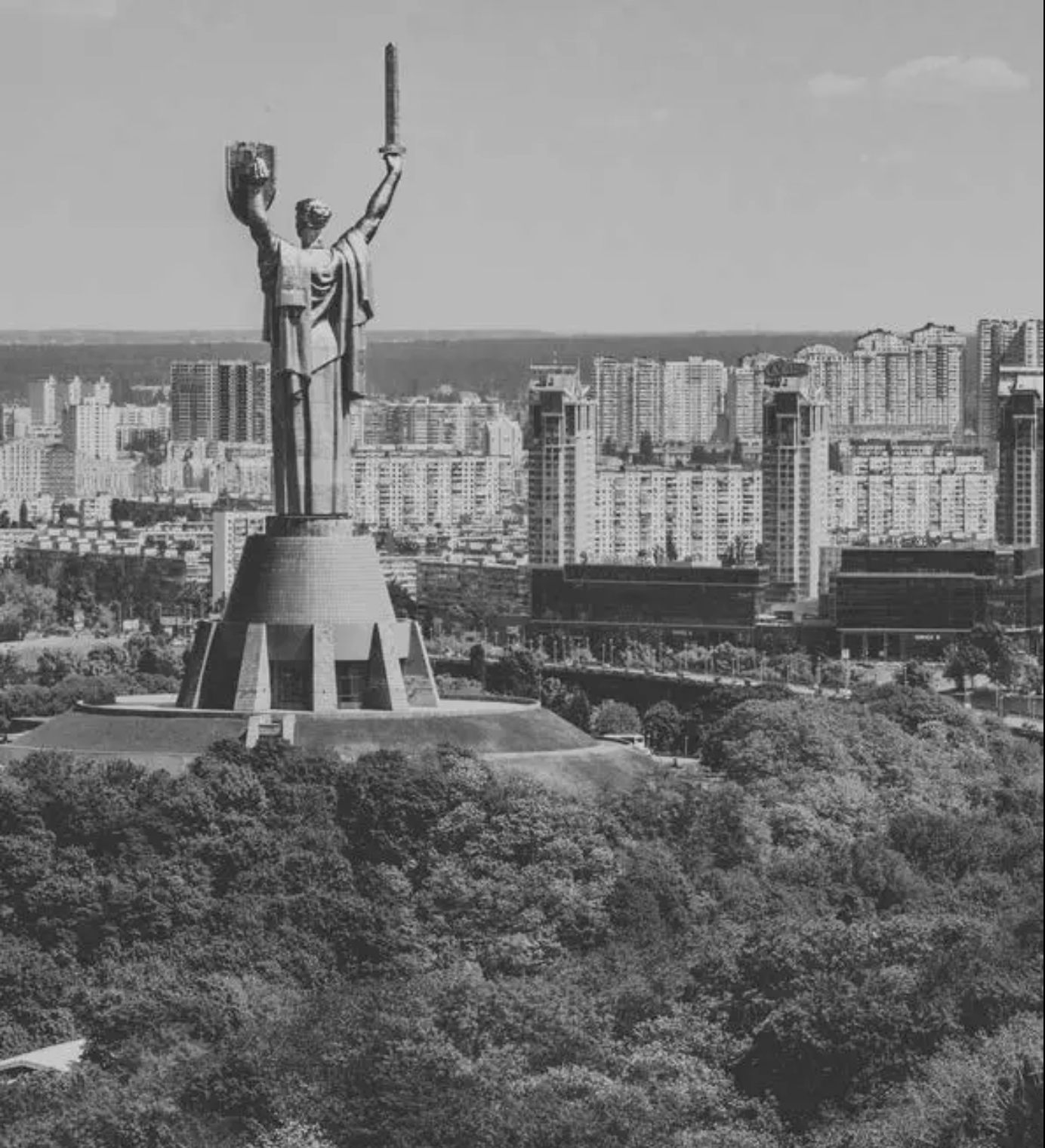
Ukraine and Russia: How Did We Get Here?
Hilde Hoogenboom, The Melikian Center
March 1, 2022
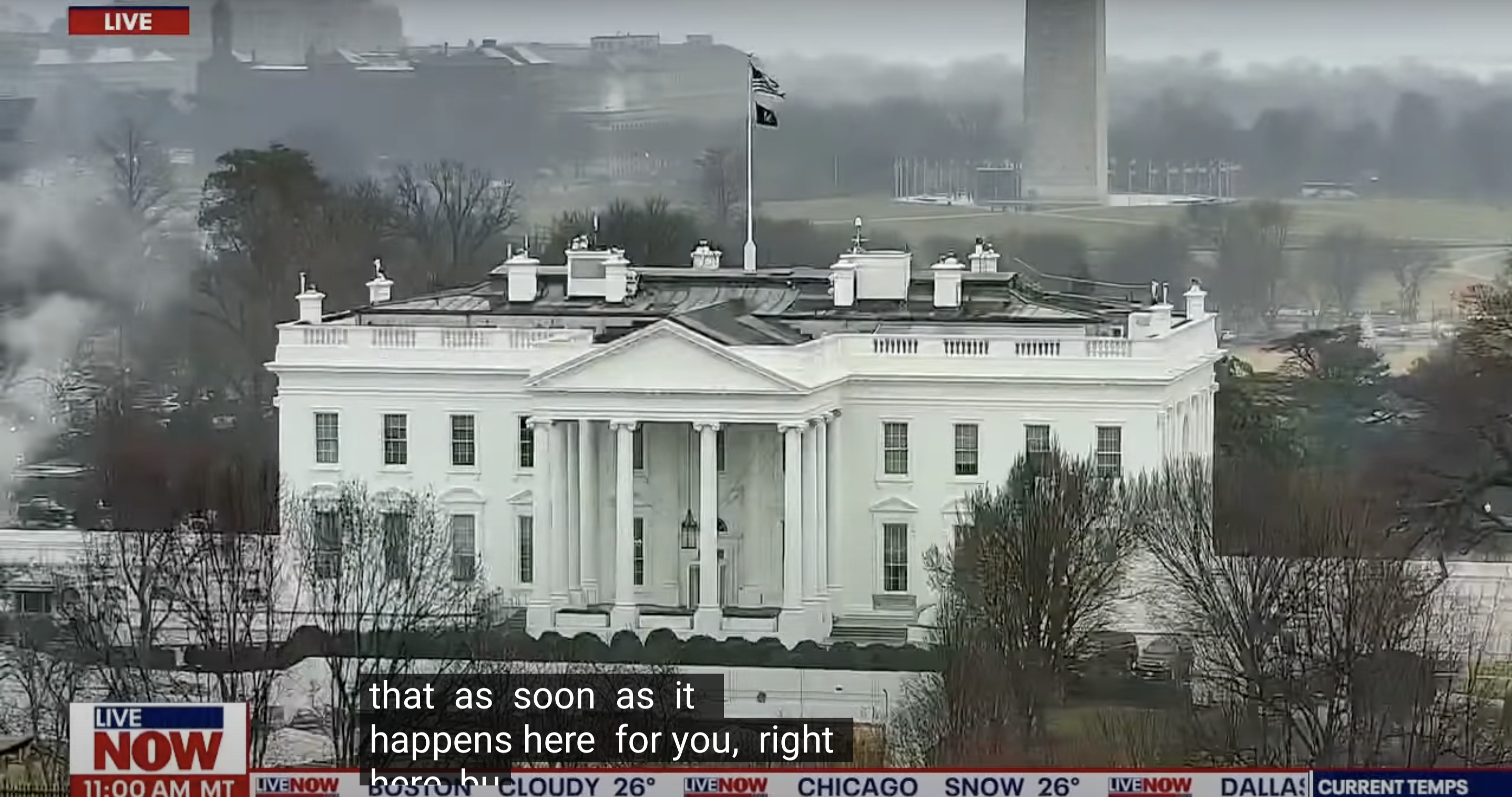
Russia-Ukraine invasion targets revealed
LiveNow from FOX, Jacob Lassin
February 24, 2022
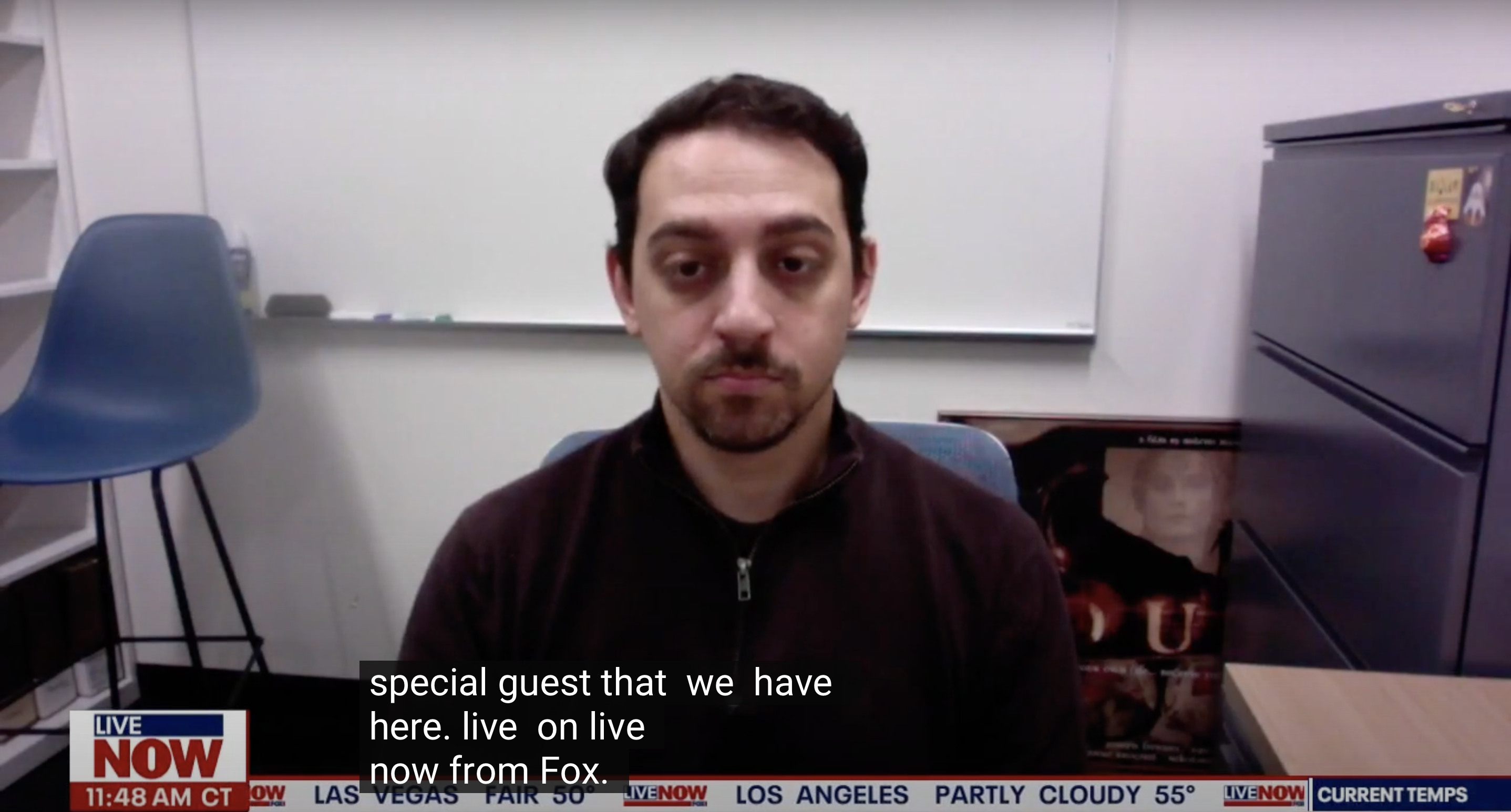
Jacob Lassin Interview
LiveNow from FOX, Jacob Lassin
February 22, 2022
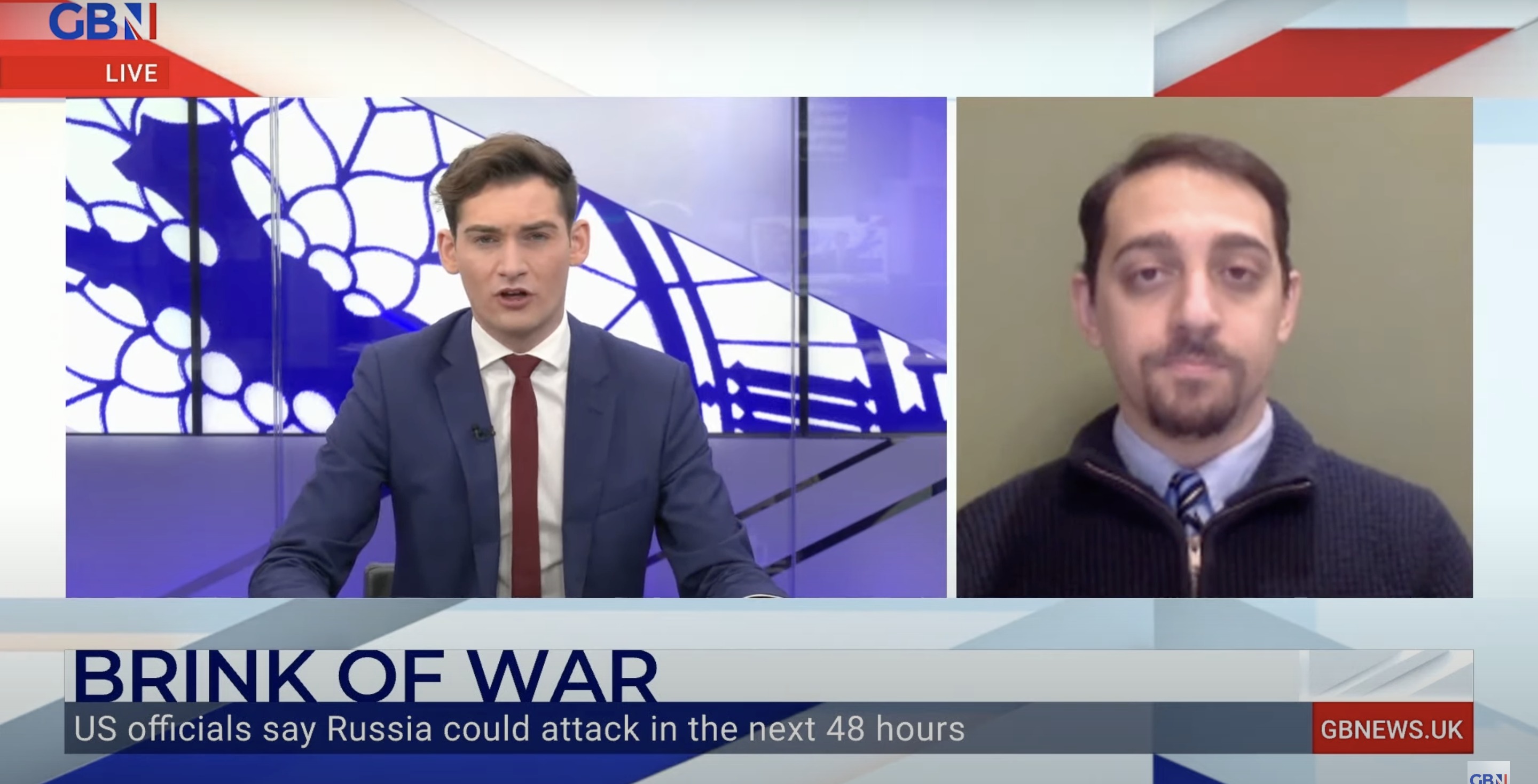
Putin has 'divided' NATO members says Jacob Lassin
GB News, Jacob Lassin
February 14, 2022
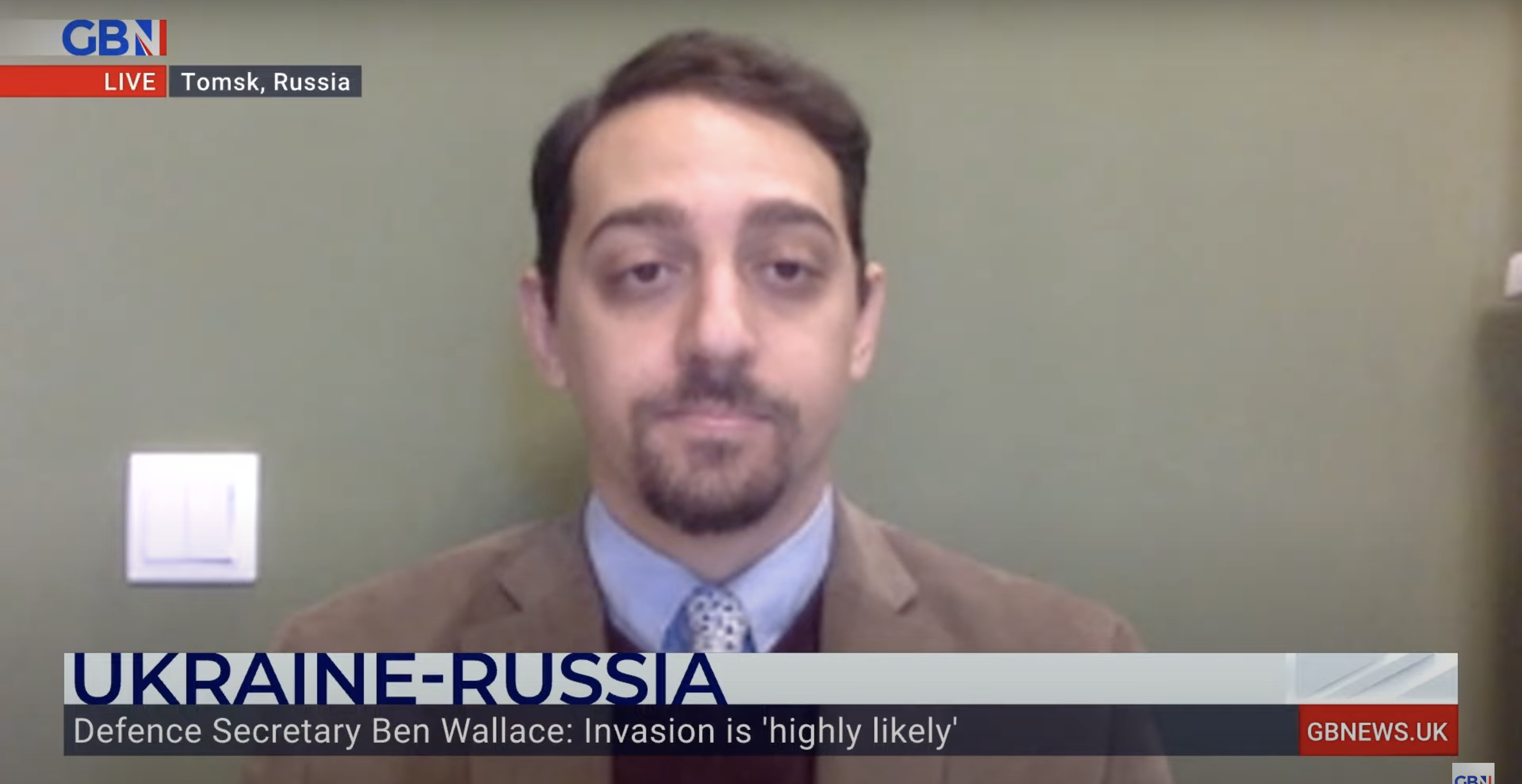
Dr Jacob Lassin reflects on the Russian public's opinion to rising tensions with Ukraine
GB News, Jacob Lassin
February 13, 2022
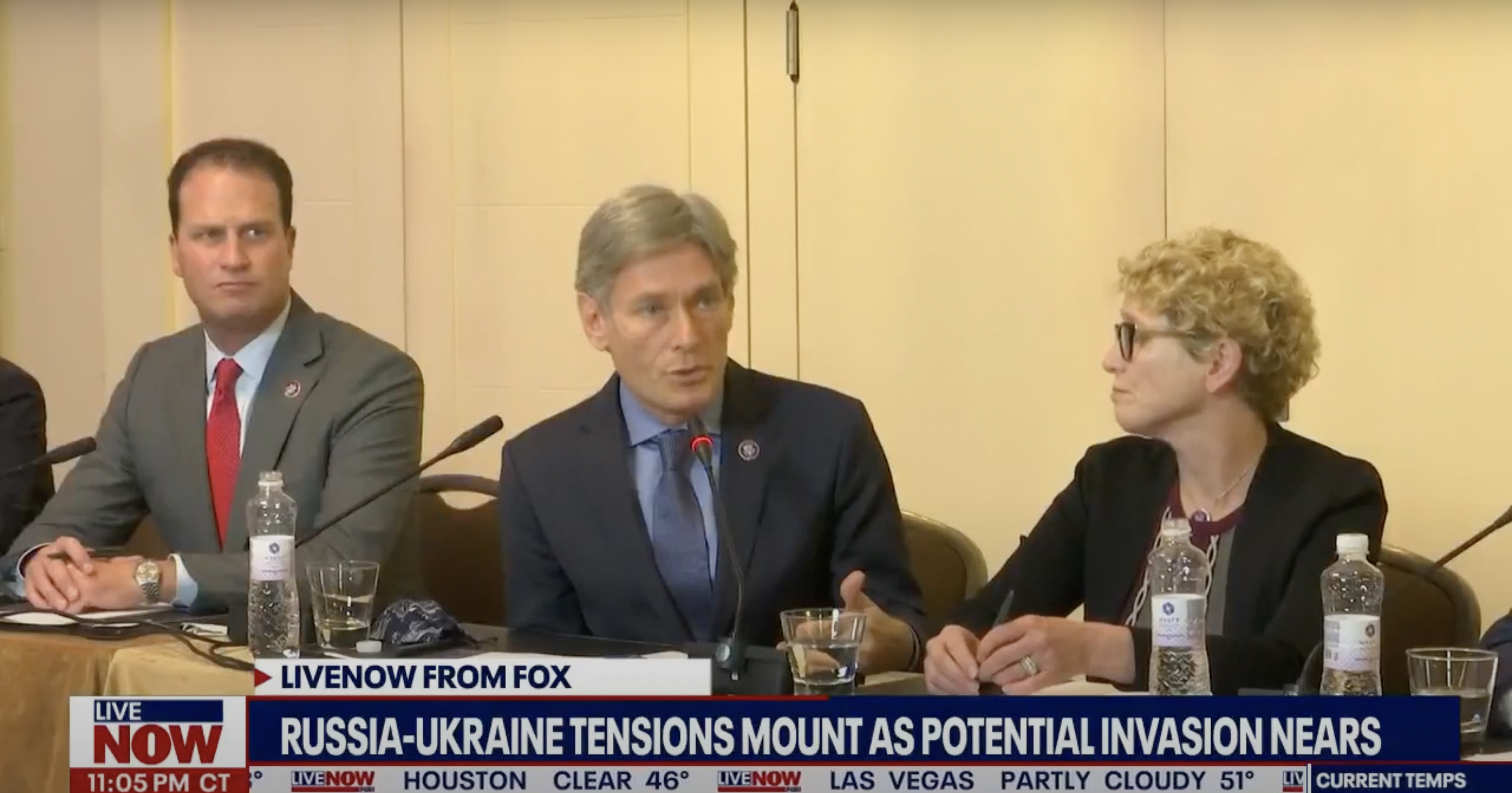
Ukraine-Russia Interview
LiveNOW from FOX, Jacob Lassin
February 1, 2022
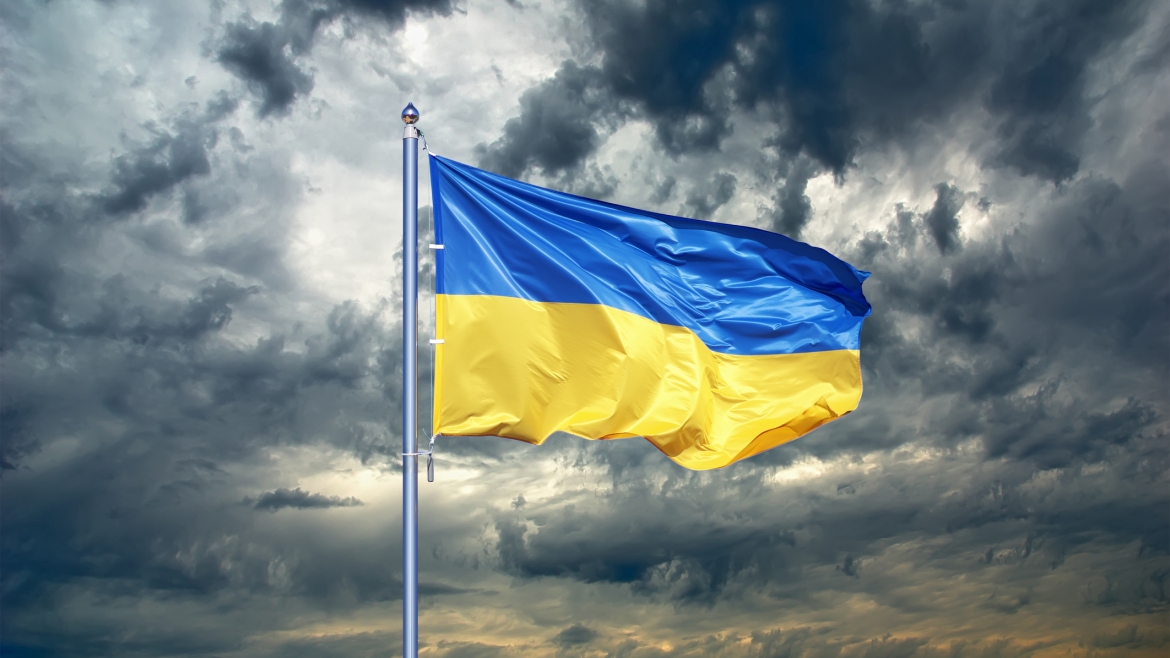
Russia-Ukraine Border Crisis
BeFm, Jacob Lassin
December 27, 2021
Events Videos
A Performance and Q&A with Ukrainian singer Olga Burlakova, who fled Ukraine for refuge in Poland
A Q&A Featuring Ukrainian Artists - Moderated by Alisa Lozhkina, Ukrainian art historian and curator
A Creative Horizons: Art in the Post-Soviet Era series event.
See the Q&A with the artists
Watch the video introduction to the artists
Russia's War on Ukraine: A Q&A with ASU and U of A Faculty - Wednesday, March 16, 2022
Co-sponsored by the Melikian Center and the College of Engineering, College of Behavioral and Social Sciences, and College of Humanities at the University of Arizona
I Escaped the Bombs: Ukrainian Writer Kateryna Babkina Tells her Story. March 2022
Melikian Center Experts
Volker Benkert: historian; Assistant Professor; School of Historical, Philosophical and Religious Studies; [email protected]; specializes in East Germany; he also teaches courses in the WWII online studies program.
Anna Cichopek-Gajraj: historian; Associate Professor; School of Historical, Philosophical and Religious Studies; [email protected]; specializes in the history of modern Poland and Polish/Jewish relations, Holocaust and post-Holocaust studies, and history of antisemitism and ethnic violence.
Eugene Clay: historian; Associate Professor; School of Historical, Philosophical and Religious Studies; [email protected]; specializes in the religious history of Russia and Eurasia; Clay has spoken to Cronkite News about the current situation between Russia and Ukraine.
Anna Holian: historian; Associate Professor; School of Historical, Philosophical and Religious Studies; [email protected]; specializes in the cultural and social historian of twentieth-century Europe, with a special interest in the reconstruction of Europe after World War II; she has researched how Russian, Polish, Ukrainian, and Jewish refugees in Germany had experienced Nazi and Soviet power during WWII.
Hilde Hoogenboom: literary historian; Associate Professor; School of International Letters and Cultures; [email protected]; specializes in Catherine the Great, noble service culture, civil society, duty, and women writers, among other topics; she teaches an introductory Russian civilization course from the Tsars to Putin.
Jacob Lassin: humanities scholar; Postdoctoral Research Scholar; Melikian Center; [email protected]; focuses on the intersection of religion, politics, literature and new media in Russia and the former Soviet Union; Lassin has given interviews in 2022 about the current situation between Russia and Ukraine.
Laurie Manchester: historian; Associate Professor; School of Historical, Philosophical and Religious Studies; [email protected]; specializes in 19th-Century and 20th-Century Russian history; Manchester has taught an undergraduate history course on Stalin to Putin as well as the courses The Russian Empire and the Rise and Fall of Soviet Communism.
Yan Mann: historian; Clinical Assistant Professor; School of Historical, Philosophical and Religious Studies; [email protected]; specializes in the Second World War and the Soviet Union.
Peter Schmelz: musicologist; Professor; School of Music, Dance and Theatre; [email protected]; specializes in 20th and 21st century music, and Russian, Ukrainian, and Soviet music, among other areas; Schmelz’s recent book looks at the music of t-he late-Soviet and the late-twentieth century; he also looks at the music written during the Ukrainian Maidan revolution.
Laurie Stoff: historian; Honors Faculty Fellow; Barrett, The Honors College; [email protected]; specializes in Russian, East European, and women's and gender history and studies, and the history of war and society; Stoff focuses primarily on WWI.
Annika Binnendijk: political scientist; Professor of Practice; School of Politics and Global Studies; [email protected]; has worked at RAND leading research and analysis on national security decision making, at the US Department of State advising the Secretary of State on policy questions related to Russia, Ukraine, Turkey, the Caucasus, and NATO; while at State, she served a rotation as Director for Russia at the National Security Council.
Lenka Bustikova: political scientist; Associate Professor; School of Politics and Global Studies; [email protected]; she specializes in party politics, voting behavior, clientelism, and state capacity, with special attention to Eastern Europe.
Margaret Hanson: political scientist; Assistant Professor; School of Politics and Global Studies; [email protected]; she specializes in autocracies, with an emphasis on the former Soviet Union, particularly Central Asia (Kazakhstan, the Kyrgyz Republic, Tajikistan, Turkmenistan, and Uzbekistan); Hanson focuses on the role of law, courts, and corruption.
Victor Peskin: political scientist; Associate Professor; School of Politics and Global Studies; [email protected]; he is particularly interested in the political and philosophical battles between international war crimes tribunals and states implicated in war crimes, crimes against humanity, and genocide.
Candace Rondeaux: political scientist/analyst; Professor of Practice; School of Politics and Global Studies; Candance [email protected]; specializes in security sector reform, governance, and electoral politics in conflict settings; Rondeaux has conducted research on Soviet and post-Soviet affairs, including on the Wagner Group, a paramilitary group linked to the Kremlin.
David Siroky: political scientist; Associate Professor; School of Politics and Global Studies; [email protected]; he has written on what Putin wants in Ukraine; his research focuses on globalization, territorial integrity, territorial disputes, and political geography, particularly in the former Soviet Union.
Orde Kittrie: lawyer; Distinguished Professor of Practice; Sandra Day O’Connor School of Law; [email protected]; received the Serge Lazareff Prize, NATO Supreme Headquarters Allied Powers Europe (award presented for exceptional contributions to NATO in the legal arena), 2021; specializes in international law, nonproliferation, lawfare, and international business transactions; before entering academia, he served for 11 years at the Department of State; as the State Department’s lead nuclear affairs attorney, he helped negotiate five U.S.-Russia nuclear agreements and a UN treaty to combat nuclear terrorism; Kittrie also served as director of the State Department’s Office of International Anti-Crime Programs, as the Department’s lead attorney for strategic trade controls, and as a lead attorney for public affairs and public diplomacy; he also served as special assistant to the Under Secretary of State for economic, business, and agricultural affairs.
AMB Clint Williamson: lawyer and former diplomat; Distinguished Professor of Practice, Sandra Day O'Connor School of Law; [email protected]; he received a $2.6 million grant from the US State Department for advancing transitional justice in Ukraine and Sudan; specializes in civil law, national security, and a war crime.
David A Merkel: has served as Deputy Assistant Secretary of State for European and Eurasian Affairs; Director for South and Central Asia Affairs at the National Security Council; Director for European and Eurasian Affairs at the National Security Council; and Deputy Assistant Secretary for International Affairs at the US Treasury Department. He also served as International Counselor to the Chairman of the US Securities and Exchange Commission. He is currently a member of the Board of Trustees of Nazarbayev University in Nur-Sultan, Kazakhstan, and the Josef Korbel School of International Studies Social Science Foundation at the University of Denver.
Steven Corman: strategic communications specialist; Professor; Hugh Down School of Human Communication; [email protected]; specializes in strategic communication, counterterrorism, organizational communication, among other areas; Corman’s research includes a project called “Detecting the Russian playbook in news framing.”
Agnes Kefeli: religious studies specialist; Clinical Professor; School of Historical, Philosophical and Religious Studies; [email protected]; specializes in Islam of Eurasia and Central Asia; Kefeli particularly researches Islam in Tatarstan in the Russian Federation.
Saule Moldabekova Robb: linguist/language specialist; Senior Lecturer; School of International Letters and Cultures; [email protected]; specializes in second-language and heritage-language teaching, specifically Russian; she teaches a fourth-year undergraduate course on Russian Mass Media
Resources
General Resources
A list of resources (donation links, templates for letters to elected officials, news sources, etc.) curated by RazomForUkraine.org
Link to Resources
Library Guide
Russia-Ukraine War Library Guide by Alexandra Humphreys, the Russian and Slavic Studies Librarian
Link to Resources
Resources for Helping Students and Scholars from Ukraine
A growing list of resources, curated by the Association for Slavic, East European and Eurasian Studies (ASEEES) for students and scholars from Ukraine and those who wish to support them
Ukrainian National Women's League of America (UNWLA) Calls for Humanitarian Aid to Ukraine
Ukrainian Congress Committee of America (UCCA) Launches #SupportUkraine Humanitarian Effort